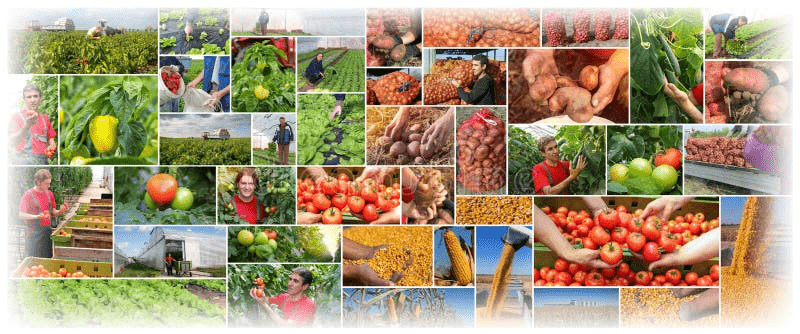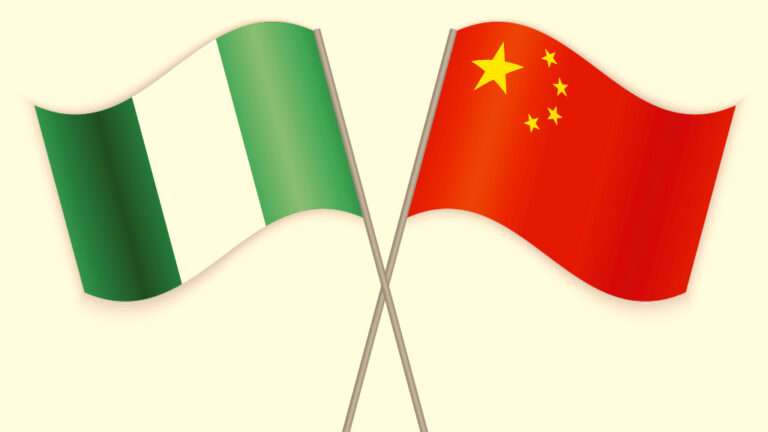In a landmark diplomatic and economic development, Nigeria and Brazil have entered into a $1 billion agreement aimed at overhauling Nigeria’s agricultural sector. This ambitious initiative is set to deepen bilateral cooperation between both nations, focusing on technology transfer, rural mechanization, and sustainable food production.
The agreement, signed under the framework of the More Food International Programme, will see Brazil extend both financial and technical support to Nigeria’s agriculture ministry. At the heart of the partnership is the modernization of Nigeria’s farming methods through the deployment of advanced agricultural equipment and Brazilian expertise in large-scale farming and mechanized practices.
Brazil, widely recognized for transforming its rural economy into one of the most productive in the world, will share best practices with Nigeria as part of this initiative. The focus will be on scaling up food production, supporting smallholder farmers, and improving local agro-processing. Rural communities in Nigeria are expected to benefit significantly, as the agreement outlines the creation of thousands of service and mechanization centers that will give farmers access to essential machinery and support services previously unavailable at the grassroots level.
Beyond mechanization, the deal is expected to be a catalyst for job creation across the agricultural value chain. Government projections suggest that more than five million direct and indirect jobs could emerge from the project, with a strong emphasis on youth and women’s participation in the sector. In turn, this will contribute significantly to national food security goals and reduce Nigeria’s longstanding dependency on food imports.
The Nigerian government has described this agreement as a major step toward agricultural transformation and economic diversification. Minister of Agriculture and Food Security, Abubakar Kyari, emphasized that this partnership signals a new era of productivity for Nigerian farmers, describing it as a strategic move to align with global best practices. His Brazilian counterpart, Minister Carlos Fávaro, expressed confidence that Brazil’s agricultural success model could be effectively replicated in Nigeria, highlighting the mutual benefits of the collaboration.
As implementation begins in the second half of 2025, the agreement is expected to spur increased private sector participation and further South-South cooperation. It stands as one of the most significant foreign partnerships in Nigeria’s agricultural history, reflecting both countries’ shared vision for sustainable growth and food resilience.




